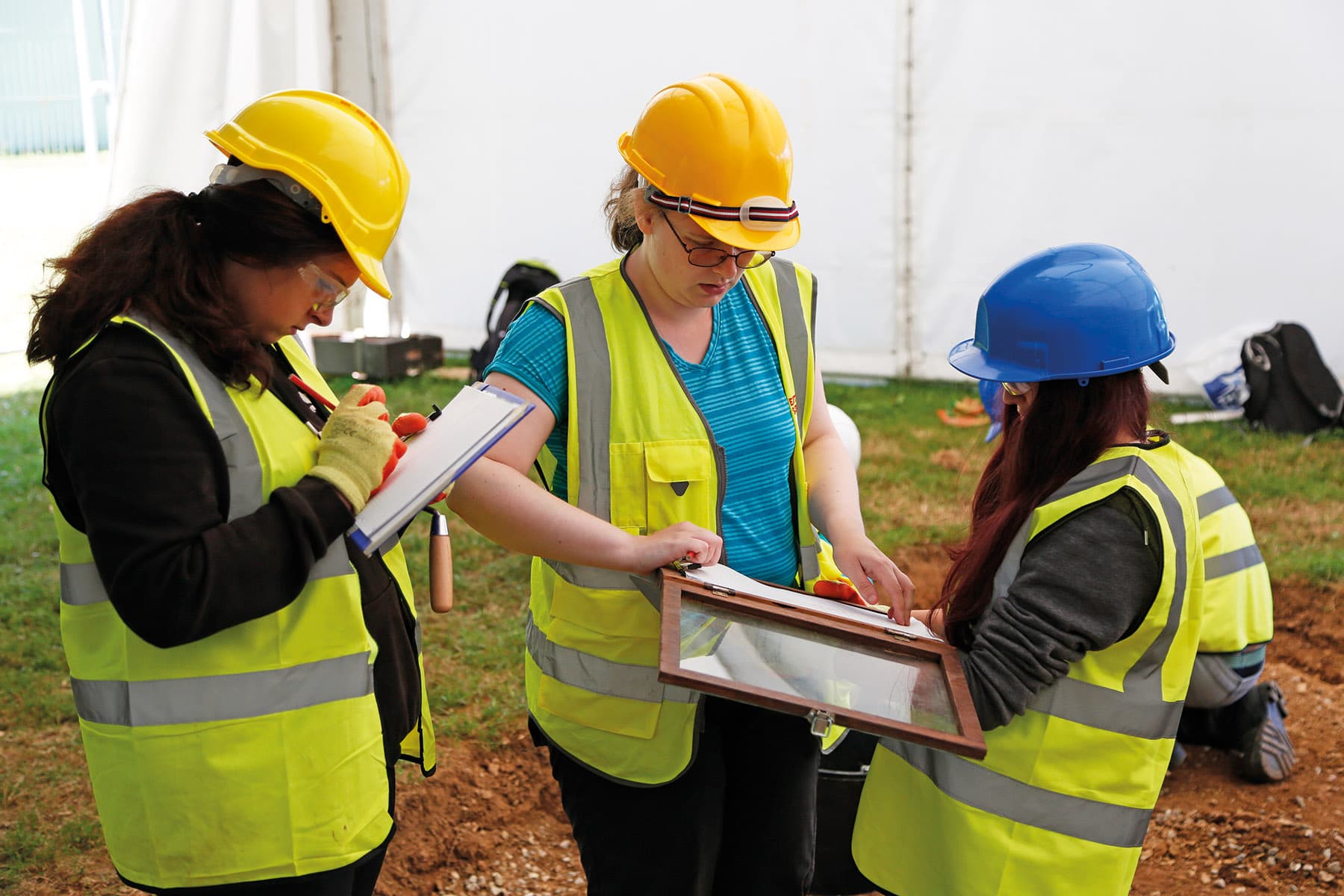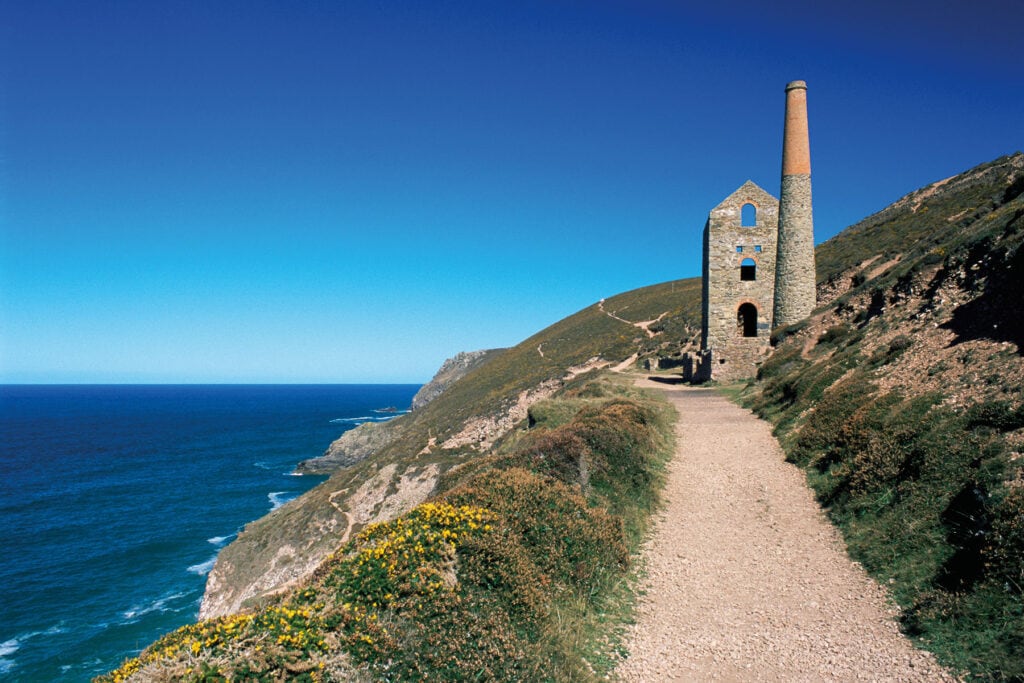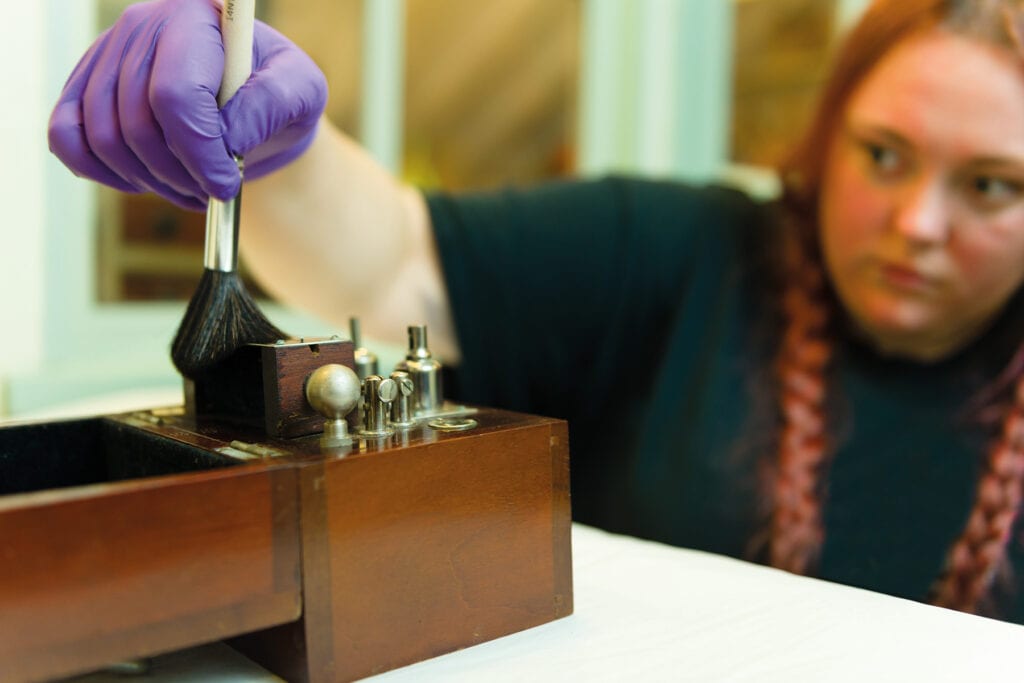Term dates for the College and University Centre academic year 2024/2025 are now available online.
why choose this course?
This is the only Archaeology Foundation Degree offered in the country and you will receive a good grounding in all periods of British archaeology, both prehistoric and historic, by exploring the archaeological and ecological evidence from the different periods and understanding how this fits into the bigger picture of Britain. Cornwall presents a fantastic setting to study in, meaning that there are several field trips to local sites in the South West as well as guidance on how to seek opportunities for optional overseas residential trips. There is also a focus on developing requisite interests and skills for your career path with flexibility in the choice of work experiences and project work.
You will undertake research into a topic of your own choosing under the guidance of staff. In the first year, you will produce a project design; you will then research and produce a project report in the second year. This helps you apply the skills learnt in other modules and have a tangible record of your capabilities to show to future employers. This course has excellent employer links and can provide you with a range of opportunities to explore gaining some hands-on practical experience in a wide selection of both archaeological and heritage settings. You will undertake work experience which is linked to the professional project module in the second year.
Graduates can apply to progress onto the BSc (Hons) Archaeology top up degree delivered at Truro and Penwith College or to further archaeological studies at degree level at other universities. Alternatively, graduates could progress to employment in archaeological units, museums and heritage centres.
Top Course Highlights
Subject specialist lecturers
Excellent sector and industry connections
Diverse curriculum offering
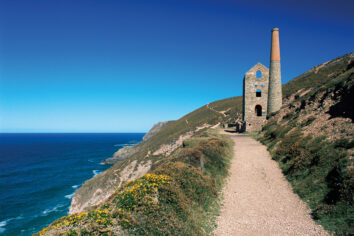
Cornish Archaeology
There are field trips to local sites in the South West and there is an optional overseas residential trip. The course is based in Cornwall with access to coastline, beaches and moorlands.
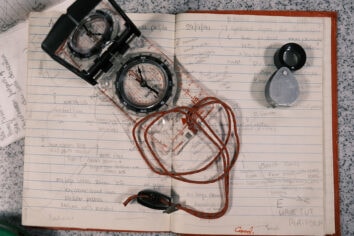
Flexibility
There is a focus on your developing the requisite interests and skills for the career that you want with flexibility in the choice of work experiences and project work.

Complete a Final Major Project
You will have the opportunity to complete a personalised project which enables you to research your own chosen area of History. This develops key research and analytical skills. The project acts as a superb preparation for future dissertation work or report writing.
What will I learn?
Year 1 will focus on understanding archaeology as a discipline, the fundamentals of the job, practical and ethical considerations and practices, and an introduction into British (and Cornish) archaeology. In Year 2 students will utilise their first year knowledge to delve deeper into understanding scientific approaches used in archaeology, including dating and provenancing techniques, landscape and geological implications for archaeology and conservation approaches. This will be capped off with a professional project module where students will apply skills and knowledge from a relevant work situation/placement where they will work alongside professionals in a range of different chosen settings such as archaeological units, museums, archives, community groups and research centres. In both years of the foundation degree strong relations between the students and regional employers is encouraged and employability skills are developed.
Where will it take me?
FdSc Archaeology will prepare learners for a wide range of diverse careers in archaeology, but also the wider heritage sector and beyond in fields such as education, research or publicity. Future careers include:
- Academic researcher
- Archaeologist
- Conservator
- Heritage manager
- Historic buildings inspector/conservation officer
- Museum education officer
- Museum/gallery curator
- Museum/gallery exhibitions officer
Wider employment opportunities include:
- Archivist
- Cartographer
- Higher education lecturer
- Records manager
- Social researcher
- Tourism officer
- Mine searches
- Surveyor/survey equipment sales
- Laboratory work/laboratory supplies
Assessment Arangements
Coursework – 70%
Exam/Test – 20%
Practical – 10%
Entry Requirements
- You need at least 48 UCAS points from relevant Level 3 qualification to apply.
- All applicants must have GCSE (or equivalent will be considered) Maths and English at Grade 4/C or above.
- Applicants will be interviewed to assess the experience/capabilities for successful entry and completion of the course.
Additional information
UCAS Course Code: V400
Duration : Two years full time, fours years part time
Location: Truro Campus
The Awarding Body for this course is the University of Plymouth
Specific Modules of study include:
- Archaeology, Landscape & Environment from Prehistory to Roman Times
- Excavation, Post-Excavation & Archives
- History of Archaeological Debate
- Post Roman to Recent Times
- Field Survey & Site Reconstruction
- Archaeology, Geology & Landscapes of Cornwall
- Museums Conservation and Management
- Archaeological & Environmental Science
- Landscape and Site Mapping, Imaging & Modelling
- Professional Project
Meet the staff, tour the campus and find out about life as a student at one of the best colleges in the country.
